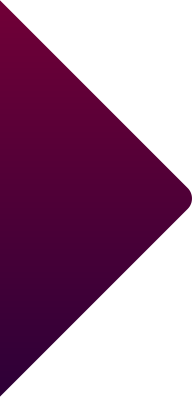Trg Republike Hrvatske 14
Zagreb, Croatia

NEWS
On Monday, 23 June 2025, the Faculty of Law, University of Zagreb, officially opened the second e...
Eight students were awarded special honours for excellence achieved during their academic studies...
On 6 June 2025, the Faculty of Law, University of Zagreb hosted the international conference Sala...
ABOUT THE FACULTY OF LAW
Mission of the faculty is to educate leading experts in the areas of law, social work, public administration and public finances who will contribute to the practice, education and scientific-research work in the aforementioned areas with their knowledge and skills.

STUDIES
ABOUT OUR STUDIES

